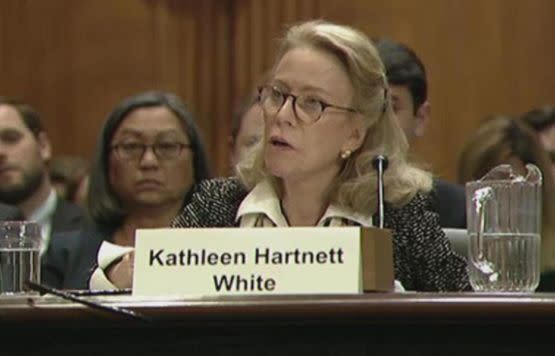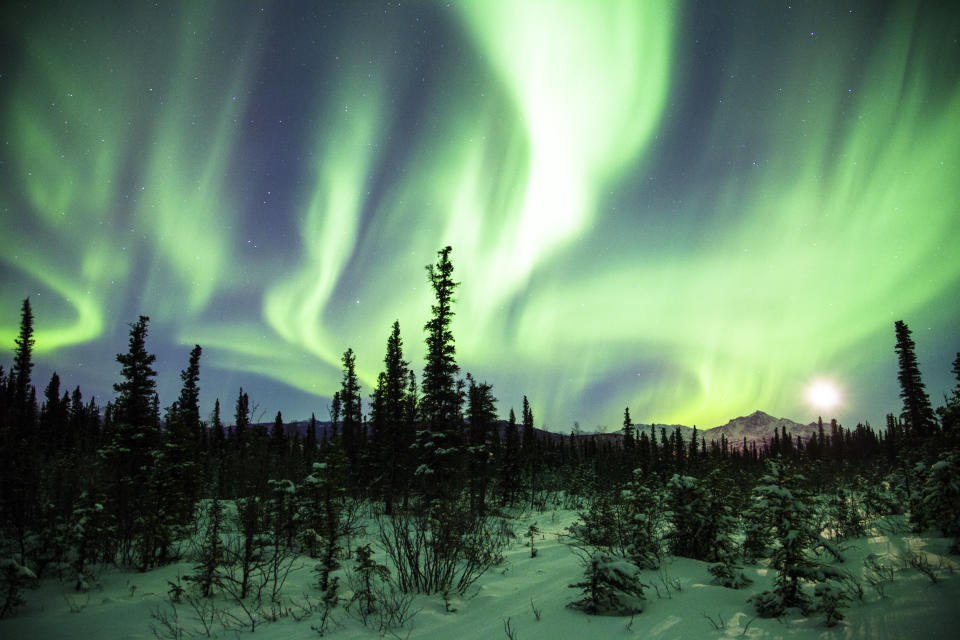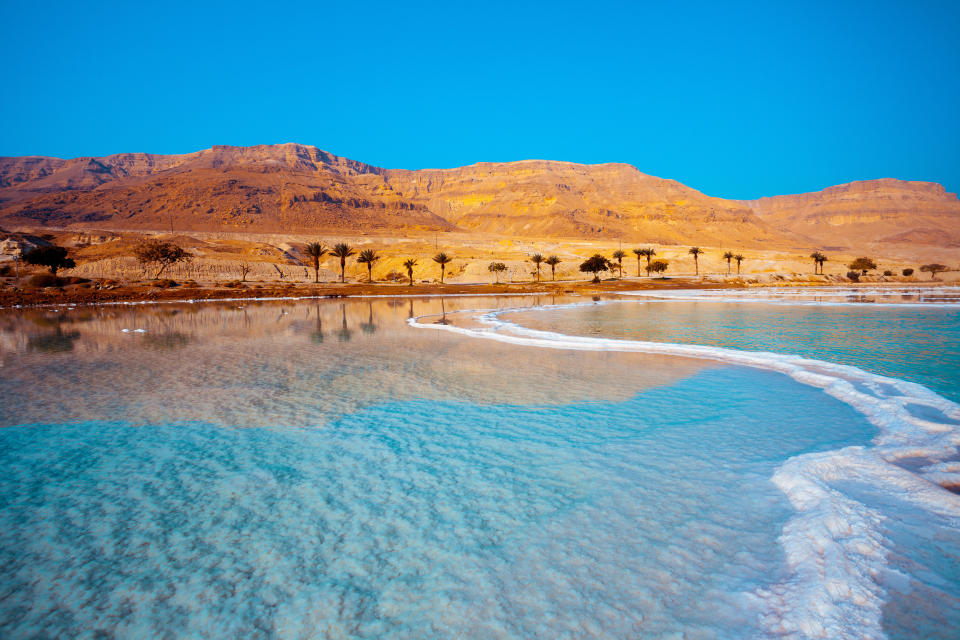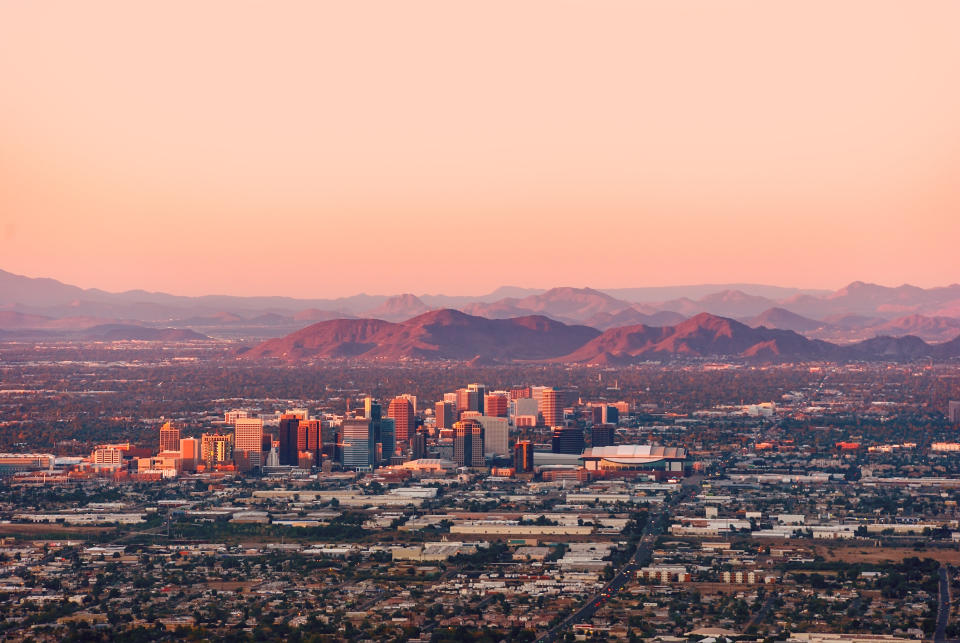White House Plans To Withdraw 'Conspiracy Theorist And Anti-Science Extremist’ Pick

The White House plans to withdraw its controversial nomination of Kathleen Hartnett-White to lead the Council on Environmental Quality, HuffPost has confirmed.
Hartnett-White, a former Texas regulator, eked through the confirmation process last year with only Republican votes despite radical views on issues like climate change and a humiliating public hearing at which she struggled with basic science questions. Democrats sent her nomination back to the White House in December as part of a deal with the Republican majority to close out the legislative session. But President Donald Trump re-nominated her early last month.
But on Saturday, The Washington Post reported the administration’s plan to pull the nomination after it ”failed to gather momentum even as some of the administration’s other senior environmental policy picks had won approval, with some Senate Republicans raising questions about her expertise.”
The White House confirmed the plans to HuffPost.
Democrats and environmentalists, who vehemently opposed her nomination, hailed victory late Saturday.
I don’t even know where to begin with @realdonaldtrump’s CEQ nominee Kathleen Hartnett White—she outright rejects basic science. pic.twitter.com/kjGONbsSVc
— Sheldon Whitehouse (@SenWhitehouse) November 9, 2017
“In this case, it was abundantly clear very early on that heading up the Council on Environmental Quality wasn’t the right job for Ms. White,” Sen. Tom Carper (D-Del.), the top Democrat on the Senate Environment and Public Works Committee, said in a statement late Saturday.
“I often say that when you think you’re right, when you know you’re right, you should never give up,” he added. “When it comes to insulating our towns and cities from climate change, or protecting our children from toxic pollutants and chemicals, there should be no compromise.”
No Republican publicly opposed Hartnett-White. But it’s not surprising that her history of taking extreme stances to defend polluters gave lawmakers some pause.
She previously railed against her own party for failing to campaign on the idea that the United States has “almost no real environmental problems.”
“What you never hear and regrettably not even from our side is there is no environmental crisis,” she said in 2011 at an Americans for Prosperity conference titled, “The EPA’s Job Crushing Regulatory Assault.”
She has made the claim that “people do not die from particulate matter levels,” despite World Health Organization estimates that some 3 million people worldwide die per year from particles in the air.
Harnett-White also credited coal with abolishing slavery, claiming “fossil fuels dissolved the economic justification for slavery,” and attacked the EPA’s rules to limit mercury pollution from coal-fired power plants.
For GOP lawmakers like Sens. Lamar Alexander (R-Tenn.) and Susan Collins (R-Maine), who have fought to clean up mercury contamination, that could raise concerns.
“Kathleen Hartnett-White is a conspiracy theorist and anti-science extremist who would threaten public health as the White House’s top environmental advisor,” Sara Chieffo, vice president of government affairs at the League of Conservation Voters, said in a statement. “This is a victory for science, and Trump would do well to listen to our voices and nominate someone who will put communities, not polluters, first.”
The failure of her nomination marks a small upset for the Trump administration’s environmental agenda. The president has already moved to withdraw the U.S. from the landmark Paris climate accord, Environmental Protection Agency chief Scott Pruitt has shredded rules to curb industrial pollution, and the White House has proposed a new offshore drilling plan that would open up huge swaths of the Arctic, Atlantic and Pacific oceans to oil exploration.
Related...
Trump’s Pick For White House Environmental Post Once Said Coal Helped End Slavery
5 Times Trump’s Pick For Top Environmental Adviser Struggled To Defend Her Climate Denial
Democrats Claim Victory After Yet Another Trump Environmental Nomination Derails
Also on HuffPost
Love HuffPost? Become a founding member of HuffPost Plus today.
The Alps

Alaska

The Dead Sea

Phoenix, Arizona

This article originally appeared on HuffPost.

